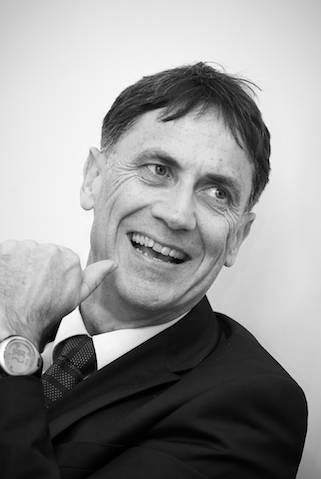by Jonathan Males
For Olympic athletes, reaching the podium is a tangible outcome for their many years of hard work. For serious athletes, fourth place may as well be last.
This difference – between fourth place and a medal – can be vanishingly small. In most events, a 1% improvement can take you onto the podium. These results from the 2012 London Olympics show the difference across a range of sports – including events in which British athletes won gold:
| 2012 Games |
4th Place |
1% better |
Improved result |
|
Men's 100m Athletics
|
9.80
|
9.63
|
Silver
|
|
Men's T54 5000m Athletics
|
11.08.16
|
11.01.47
|
Gold
|
|
Women's 400m Athletics
|
49.75
|
49.25
|
Gold
|
|
Women's Cycling Road Race
|
3:35.56
|
3.33.32
|
Gold
|
|
Women's 400m Swimming
|
4.03.98
|
4.01.50
|
Silver
|
|
Rowing Mixed Coxed Four
|
3:29.483
|
3.21.39
|
Silver
|
Clearly it’s not as simple as just trying 1% harder. Successful performance in sport is the culmination of years of preparation – and a bit of luck helps too! Small improvements can make a big difference – and the closer you are to the podium, the more important these marginal gains become.
How does this apply to the world of work, and where do you start?
Do the basics very well
In 1992 I was coaching the Australian slalom canoeing team at the Barcelona Olympics. We spent hours preparing on the purpose-built white-water course at La Seu d’Urgell, learning every wave and feature of the challenging rapids. No-one knew what the actual lay-out of the gates would be, but we knew it would be difficult. It was the Olympics after all...
We were wrong. TV schedules needed to keep things moving, so the day before the competition we saw a fast, open and straightforward course which skirted the difficult features we’d spent so long practicing on. You could almost hear the collective groan of disbelief.
Despite their initial disappointment at such a simple course, I watched in amazement as some of the world’s best athletes blew their chances. Despite the simplicity, many athletes failed to deliver when it counted. It worked in our favour: the under-rated Danielle Woodward performed solidly and won silver for Australia.
In business it’s just as easy to dismiss the boring basics for the latest shiny fad. But what are the essentials for your role? Can you, and your team consistently deliver under pressure?
The 1% challenge
No matter how good you are already, my challenge to you is to seek out a 1% improvement in your basics. It might be a tiny change but it’s got the potential to make a big difference – even to get you on to the podium.
About Jonathan Males
 Jonathan is a sport psychologist and executive coach. He established Performance1 in 2000, drawing on his rich experience at the very highest levels of sport; he represented Australia at four World Canoeing Championships, and worked with athletes, coaches and team leaders over the last six Olympic Games including London 2012. He applies the lessons from elite sport to his work coaching senior leaders and their teams, helping them perform at their best in tough times.
Jonathan is a sport psychologist and executive coach. He established Performance1 in 2000, drawing on his rich experience at the very highest levels of sport; he represented Australia at four World Canoeing Championships, and worked with athletes, coaches and team leaders over the last six Olympic Games including London 2012. He applies the lessons from elite sport to his work coaching senior leaders and their teams, helping them perform at their best in tough times.